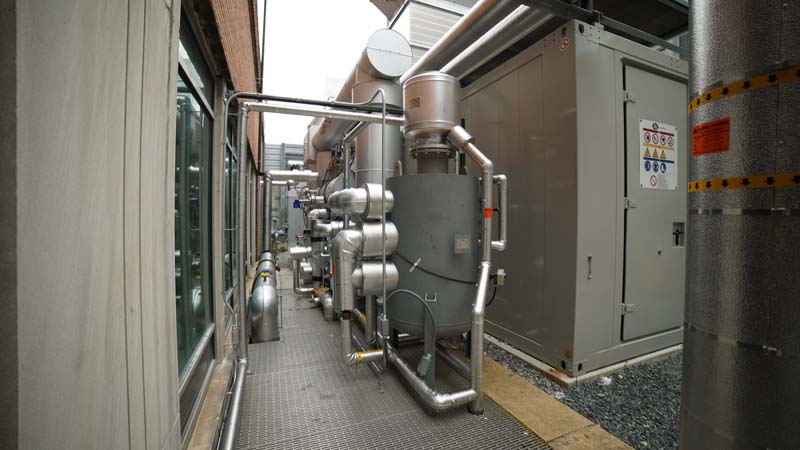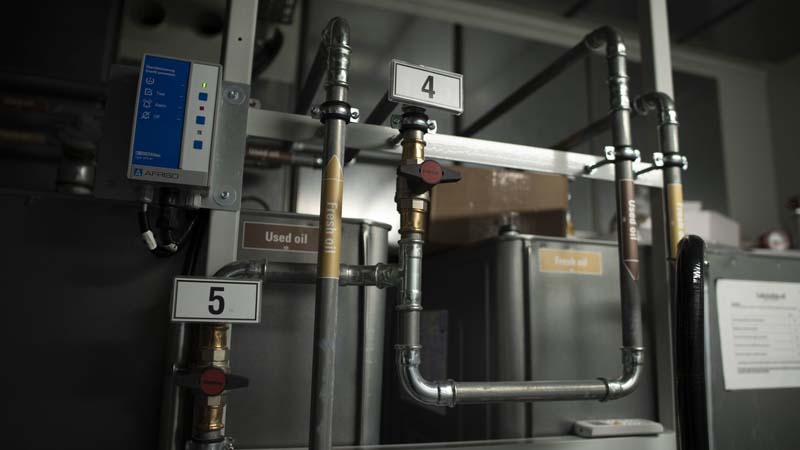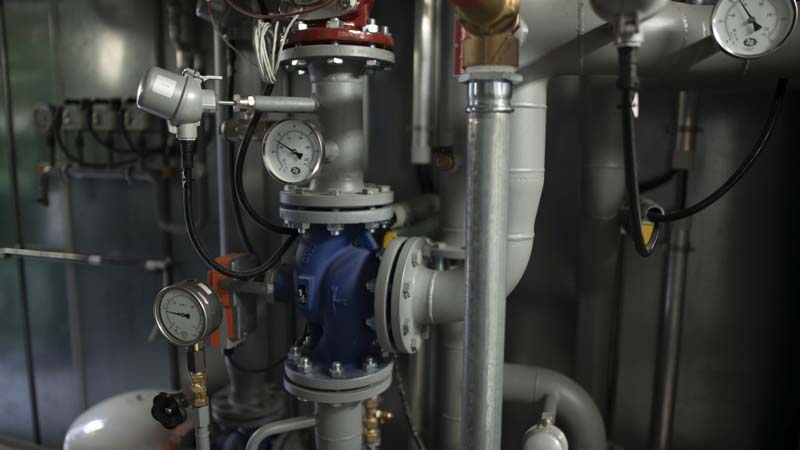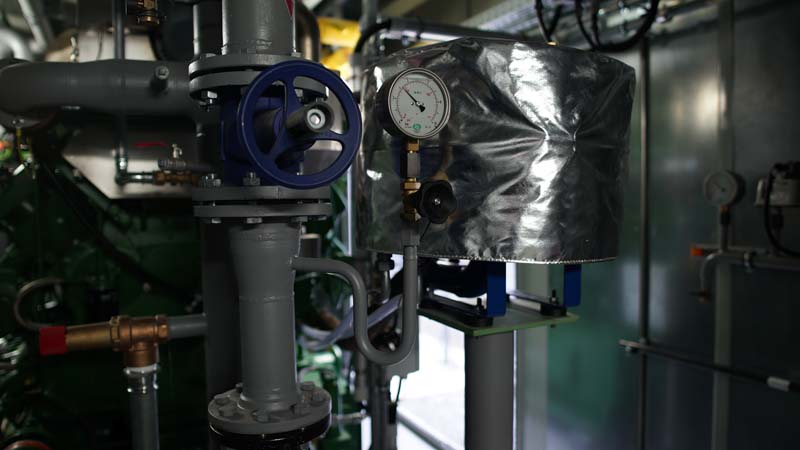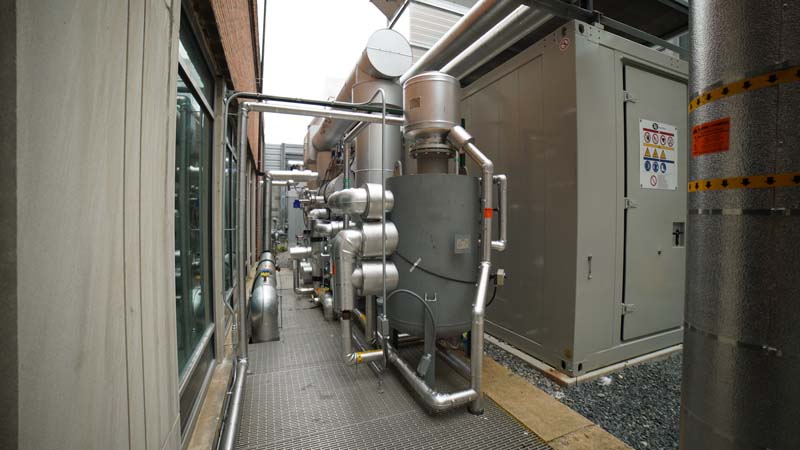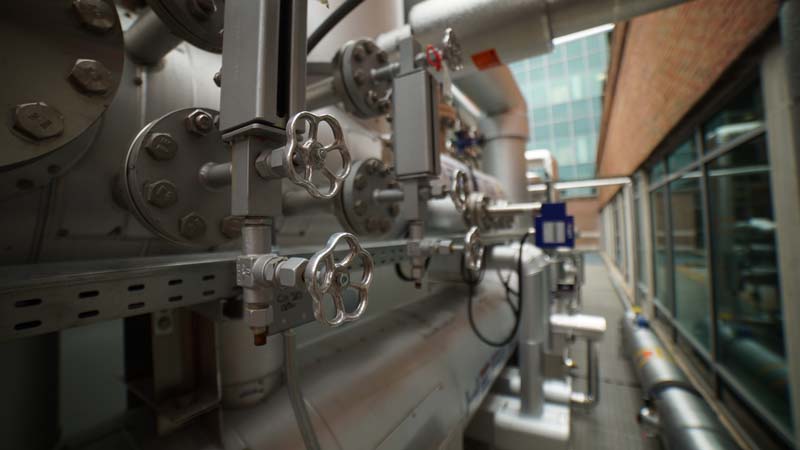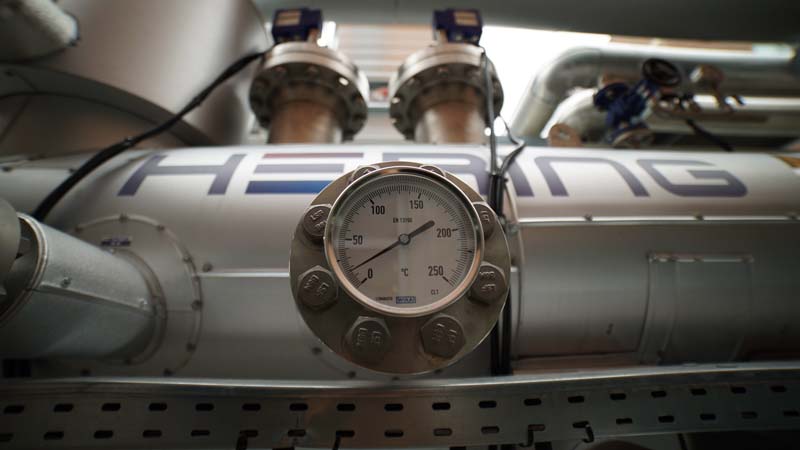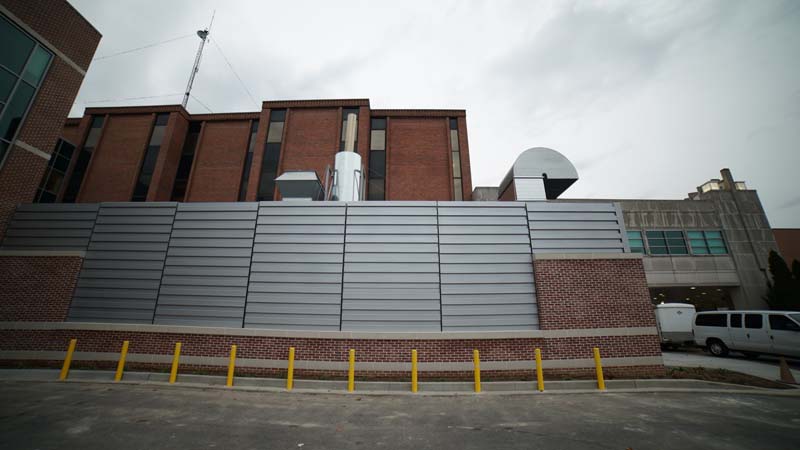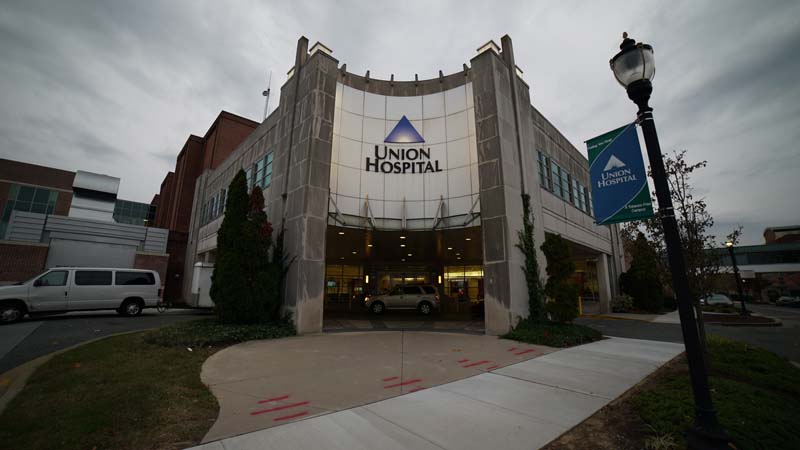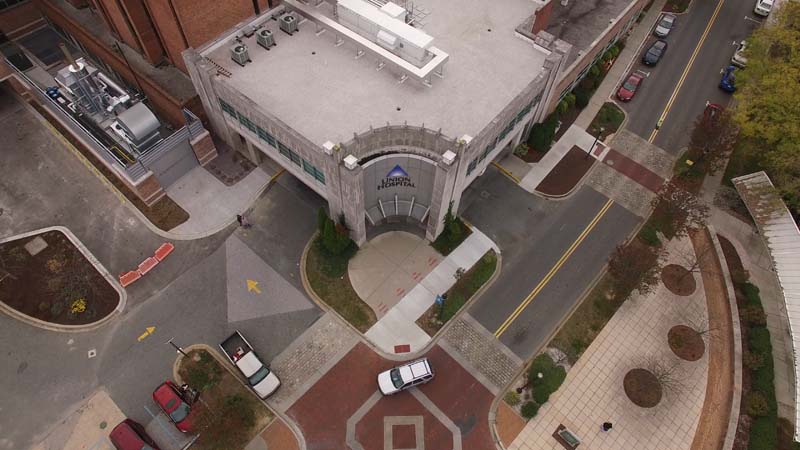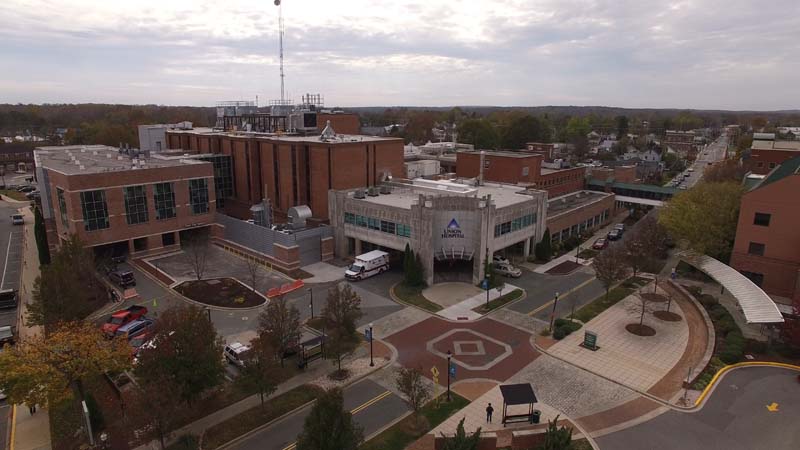ChristianaCare Cecil County: A quiet microgrid for on-site power and thermal

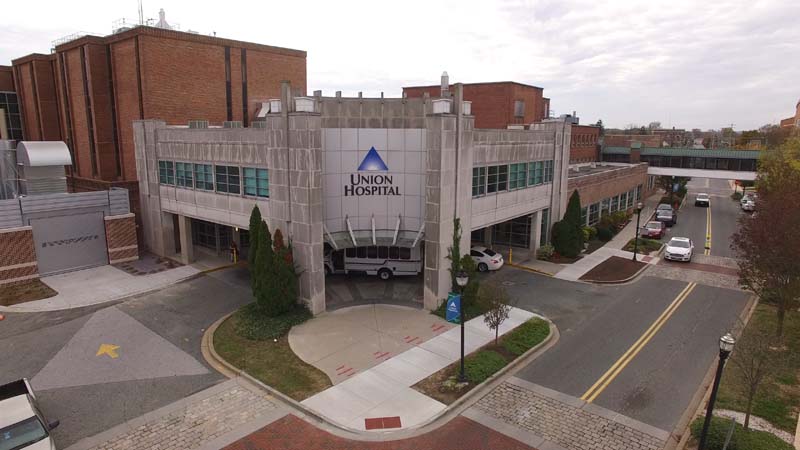
ChristianaCare Union Hospital, formerly known as Union Hospital of Cecil County, had more complex and involved design requirements than most projects — so Unison Energy customized a system that is attractive, quiet, well-hidden, and meets the hospital’s need for resilient, on-site power.
- 1.2 MW of installed electric capacity, with one 1,200 kW MWM engine operating at 76% efficiency
- Heat recovery 105 psi steam and domestic hot water
- Three VFDs added to chillers
- Load following and island mode capabilities
- Carbon footprint reduced by 61% or 6,900 tons of CO₂ per year*
- 4,160 V operating voltage
*EPA non-baseload emissions data (eGRID 2016)
Project Details
As the only hospital in town and the third-largest employer in the county, ChristianaCare Union Hospital in Elkton, Maryland has long been an invaluable institution in its community. It is also one of the largest power users in the area, with some of the most critical power needs. Unfortunately, Union lacked a backup power source for their chillers — and without AC, a summertime power outage could quickly become dangerous and patient towers would need to be evacuated. Many hospital staff still remember the major wind storm in 2012 that shut down the area grid for days. The hospital lost power, with no idea when its power supply would be restored.
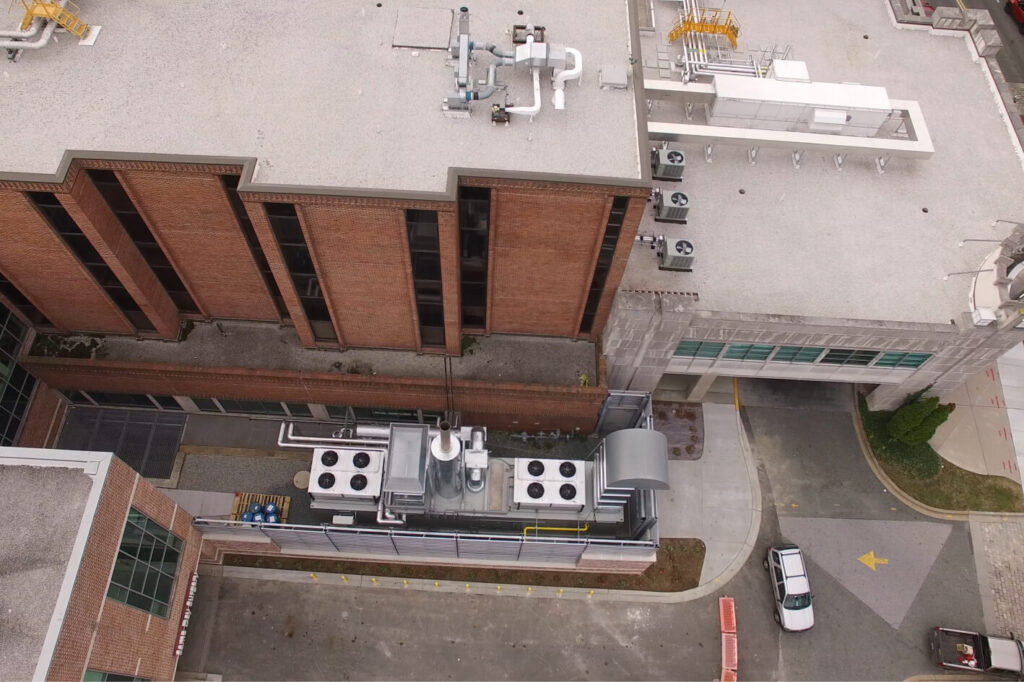
To mitigate utility disruptions — while cutting both energy costs and carbon emissions — the hospital engaged Unison Energy to construct, own, and operate a 1.2 MW CHP system consisting of one 1,200 kW engine that functions as a microgrid with island mode capabilities. A new Hering heat recovery steam generator now converts exhaust heat into steam, which enables more efficient space heating, while engine jacket heat is recovered to supplement the hospital’s domestic hot water supply. Unison provided the upfront capital, with no third-party financing required, to design and build a system that offsets 87% of the site’s annual electricity consumption and insulates it from harmful utility outages.
For Union Hospital, it was also a top priority that its air conditioning would be able to run during an island mode event. This presented a challenge for Unison’s engineers because chillers have a high inrush current during startup, and without precautionary measures, this load could cause the CHP engines to trip offline. To ensure the microgrid would support the chillers during island mode, Unison Energy took the extra step of financing and installing new variable frequency drives (VFDs) from Trane on three of the existing five chillers. Unison temporarily took out multiple doorways and made wooden mockups of the equipment to ensure the large VFDs would fit in the limited space.
In fact, the hospital’s physical constraints presented a number of design challenges. Union Hospital, which sits within the confines of a city block, had limited area available for new construction. At the same time, the hospital needed the CHP system to be quiet for patients and out of sight for visitors. Unison decided to place the CHP system in front of the building, behind a custom-built wall that matched the hospital’s aesthetic. The system runs at only 65 db, allowing for normal conversation immediately outside the CHP’s walled enclosure. Despite the construction hurdles and custom engineering, Mark Mears, Facilities Management Director at the hospital, said, “The experience with the design team was outstanding, every step of the way.”
Operational in October 2019, Union Hospital’s CHP system now runs at over 65% efficiency, offering a projected $120,000 in first-year savings alone. And most critically, the system offers peace of mind for the patients, medical and facilities staff at Union Hospital. If the grid goes down, the CHP system will engage island mode and continue supplying heat and power, ensuring the building remains operational, comfortable, and safe for staff and patients.
Client Feedback
“The experience with the design team was outstanding, every step of the way. Unison was without a doubt the best company that we could have partnered with.”
Facilities Management Director, ChristianaCare Union Hospital
Featured Case Studies

Industry Spotlight: Enabling Resilient Power for Mines
Industry Spotlight: Meeting Sustainability and Resiliency Goals for Dairy Producers
Industry Spotlight: Reducing Carbon Intensity for a Plastic Polymers Plant
